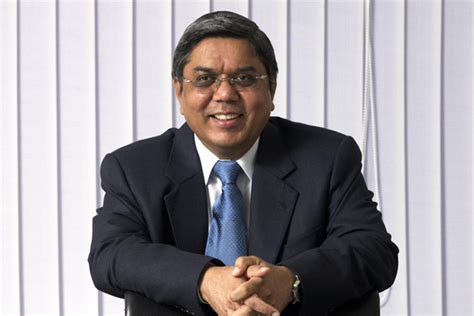A Quote by Chanda Kochhar
The global market does not understand the India risk as well as we do, and therefore, we have the arbitrage facility of making better margin on the same set of Indian firms than what we would have made by giving rupee loans.
Related Quotes
Oil is a tangible commodity, so there is a global market. The fact that we may need less may affect the global price because we're big consumers: we probably take about a quarter of global demand. But if suddenly, let's just use a crazy example, fighting in the Middle East led to the closure of the Strait of Hormuz and no oil could get out through the Strait of Hormuz, well that would affect China, India, Europe, it will affect the whole global economy. It will affect us, too, then.
India is a country that has no direct interests in some areas of global conflict. It has very good relations with countries in conflict or countries facing difficult security situations, and I believe Indian diplomacy is very well received. India is a bridge-builder, an honest broker, and a messenger of peace.


































